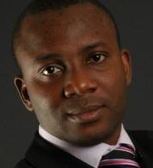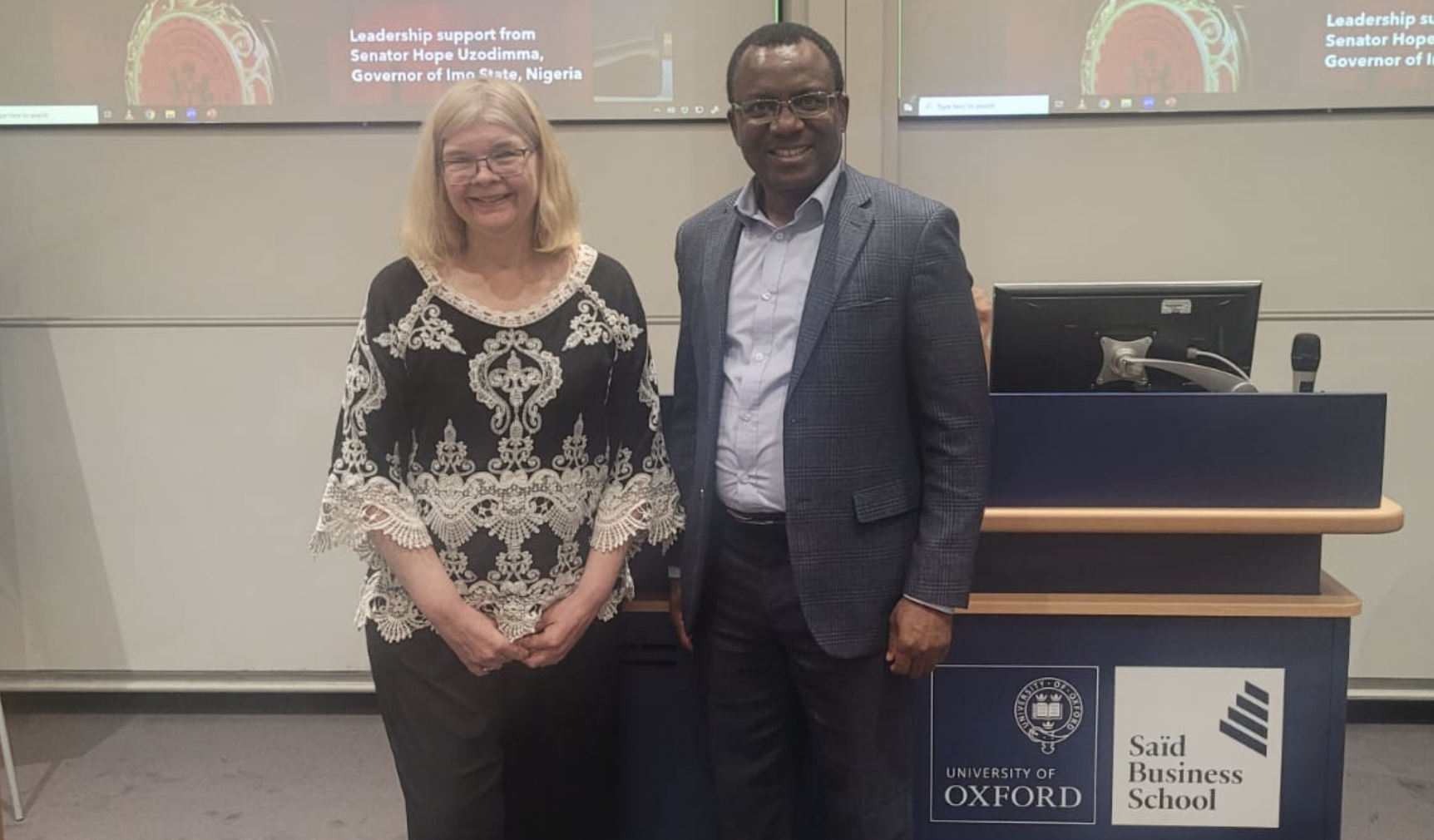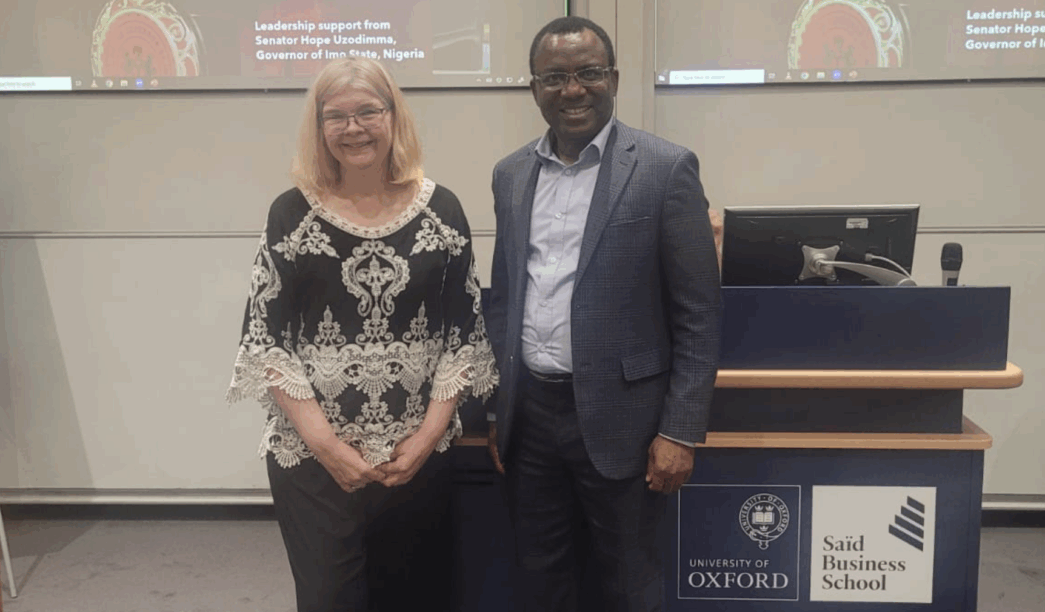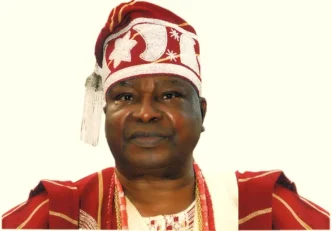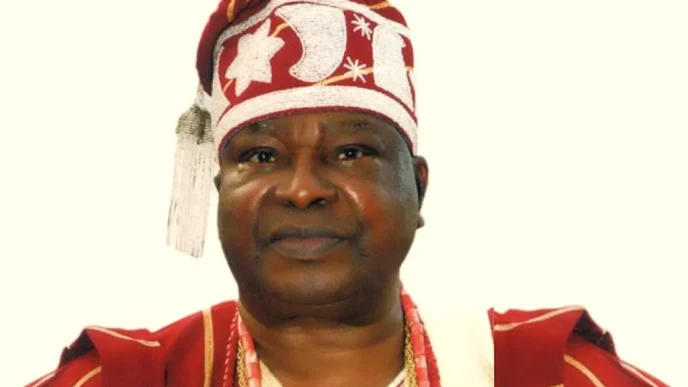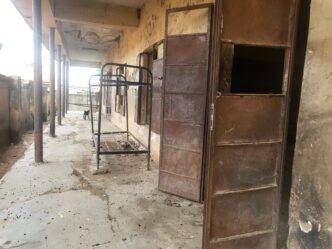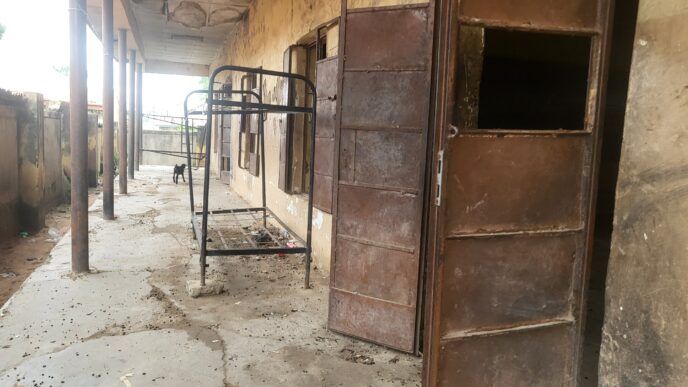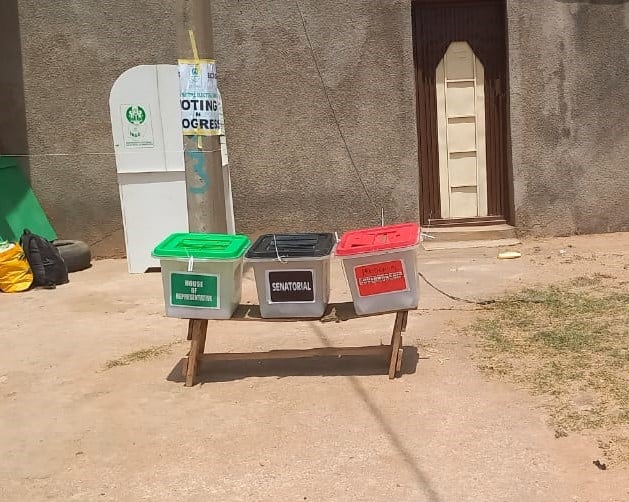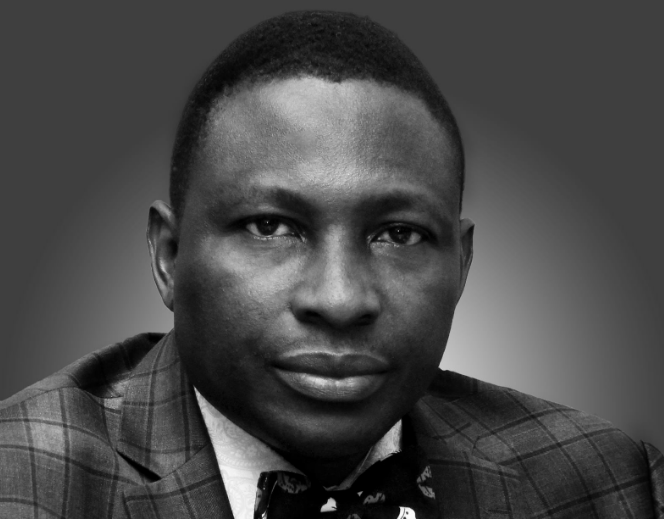I’ve always had a soft spot for the University of Oxford. As the oldest university in the English-speaking world, dating back to 1096, it’s a place that seems to breathe history. But more than that, it has an uncanny ability to reinvent itself, century after century, remaining relevant and world-class. It’s hard not to admire a place that has mastered the art of sustainability in the truest sense.
My journey with Oxford began toward the end of my PhD studies at the University of Warwick in 2007. I had the privilege of spending time as a visiting scholar at the Saïd Business School, working on my doctoral thesis in political economy and international business. Specifically, I was exploring how different varieties of capitalism influence responsible business practices. I was fortunate to be supervised by Professor Colin Crouch, one of the foremost authorities on comparative capitalism. He had previously been a professor at Oxford before his tenure at the European University Institute in Florence, Italy. Today, I am a Professor of Sustainable Finance at the same European University Institute. Life, it seems, has its sense of symmetry.
That period at Oxford was undoubtedly one of the highlights of my PhD journey. Warwick is a stellar university, but Oxford felt like stepping into a living archive of ideas. Walking those storied paths, surrounded by timeless architecture and intellectual energy, was deeply inspiring. It was also a chance to reconnect with my good friend Dr. Ese Owie, who was then completing his doctoral studies in International Trade Law and Maritime Policy at Linacre College. Our running joke was the unusual DPhil (Oxon) tag, and our youthful idealism made those moments all the more memorable.
But that wasn’t the end of the story. Between 2016 and 2021, I served as an External Examiner for one of Saïd Business School’s postgraduate programmes. External examiners help uphold academic standards in academia by reviewing course content and assessment outcomes. I never met the students directly—I only reviewed their results and ensured rigour. Still, it was a great experience. Oxford, as expected, attracts an outstanding cohort of students.
Advertisement
Yet, nothing prepared me for the moment on July 19, 2025, when I returned to Saïd Business School—not as a scholar-in-residence or an examiner, but as a guest lecturer. I stood before a class of executive degree students to speak on “Africapitalism and the OKOBI Model: Catalysing African Innovation Across Borders.” It was a full-circle moment that brought together years of academic exploration, policy engagement, and practical experimentation.
Africapitalism, a concept popularised by Nigerian banker Tony Elumelu, emphasises the role of the private sector in driving national economic development. Over the years, I’ve worked with academic colleagues to shape and refine this intellectual framework. But for a long time, Africapitalism remained more of a vision than a practice. That’s where the One Kindred One Business Initiative (OKOBI) comes in.
OKOBI is a bold, community-based economic development programme launched by the Government of Imo State under Senator Hope Uzodimma’s leadership. At its core, OKOBI promotes group entrepreneurship among rural and urban communities, providing a pathway to collective wealth and economic inclusion. It is a grassroots embodiment of Africapitalism in action, a homegrown solution rooted in African realities but relevant to global challenges like unemployment, poverty, and state fragility.
Advertisement
Delivering that lecture at Oxford was special for two reasons. First, it was the first time I met students from the programme I had spent years assessing behind the scenes. Second, and more profoundly, I wasn’t speaking about Africa as an object of study. I was speaking from Africa, presenting a living, breathing solution developed by Africans, for Africans, with global resonance.
The students, drawn from different countries and industries, responded with curiosity, critical insight, and palpable excitement. They appreciated hearing a perspective that challenged the dominant Global North narrative. They were particularly intrigued by how OKOBI and Africapitalism intersected with themes like innovation, policy, entrepreneurship, and governance.
One key takeaway from our discussion was the call for a new kind of leadership in Africa, which the students described as entrepreneurial leadership. This echoed Professor Mariana Mazzucato’s notion of the entrepreneurial state: a government that doesn’t just regulate but actively shapes and creates markets. For Africapitalism and OKOBI to succeed, Africa needs political entrepreneurs and leaders who understand how to mobilise markets for social good.
That insight struck a chord. It reframed the OKOBI model not just as an economic policy but as part of a broader governance transformation. It could become a cornerstone for a new development paradigm that values community agency and institutional innovation if scaled strategically.
Advertisement
For me, the real achievement that day wasn’t just academic. It was seeing an indigenous African idea, OKOBI, enter the curriculum of one of the world’s most prestigious universities. To have students in Oxford engage seriously with a concept developed in Imo State was a moment of profound significance. It affirmed the idea that knowledge doesn’t only flow from North to South. Sometimes, it flows the other way, too.
This moment was more than just personal validation. It was a glimpse into a future where African ideas take their rightful place in shaping global conversations. From Imo to Oxford, the journey of Africapitalism and OKOBI is just beginning. And if this experience taught me anything, it’s that local innovation can, and must, travel across borders.
The memories and lessons from that day will remain fresh for a long time to come.
Amaeshi is a professor of sustainable finance at the European University Institute, Florence, Italy, and a professor of business and sustainable development at the University of Edinburgh, United Kingdom. He is also the chief economic adviser to the Imo State Government.
Advertisement
Views expressed by contributors are strictly personal and not of TheCable.
